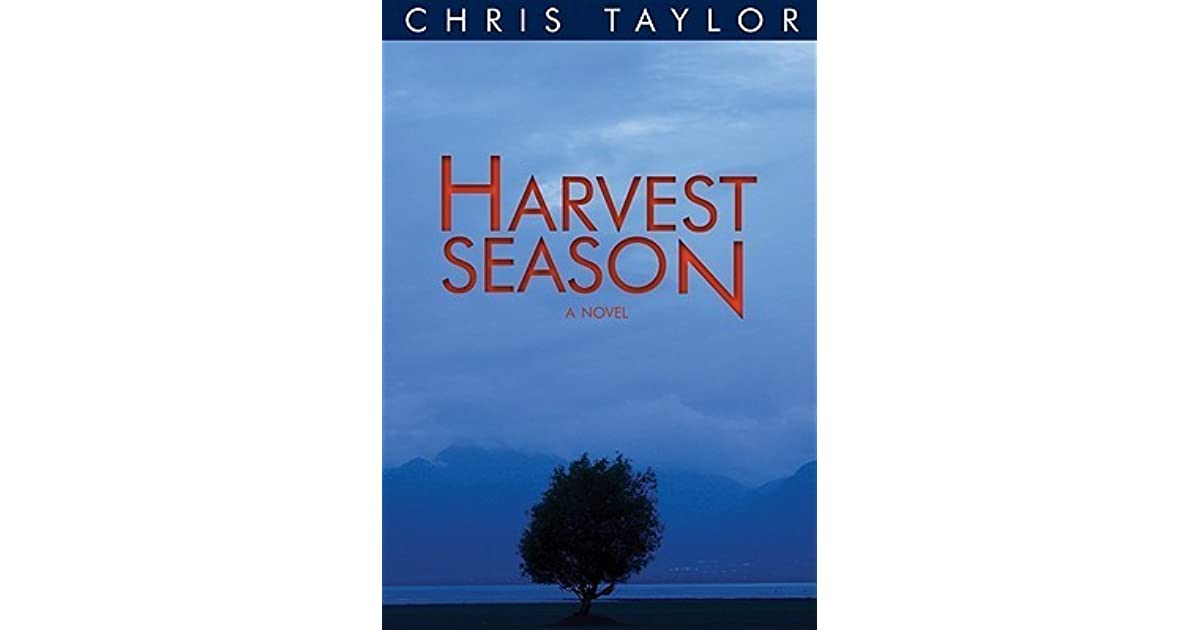
This novel successfully captures the backpacker scene in China’s Yunnan Province in the 2000s. However, the main characters are not backpackers per se but travellers who never want to go home. The fictional setting, Shuangshan, is – I think – based on Dali, a town by the beautiful Erhai Lake. Yunnan is home to many ethnic minorities, and in Dali, it is the Bai people. Taylor changes this to the Wu, who still keep their own language and religious practices alive. The Han Chinese, who make up over ninety per cent of China’s population, are outsiders in Shuangshan.
Shuangshan is a bucolic corner of Western China, far from the hustle and unfettered state-run capitalism of massive smokestack cities like Beijing, Guangzhou and Wuhan. Situated above a scenic lake and below hills where marijuana grows, Shuangshan attracts a slacker breed of Westerners and Han Chinese alike. The main character, Matt, shares a house with Wang from Northern China; they spend their days drinking and smoking weed. Matt, who seems to be in his forties, has come to Shuangshan in search of some sort of Shangrila he glimpsed fifteen years before. But his concept of what this paradise consists of is rather vague. He wants to find a beautiful secluded spot to smoke weed with the right girl, as far as I can work out.
Somewhere I read author Chris Taylor felt ‘Harvest Season’ had been unfairly labelled “Alex Garland’s ‘The Beach’ but in China.” A bigger influence, Taylor said, was Paul Bowles’s ‘The Sheltering Sky’. I read Bowles’s novel after ‘Harvest Season’ and I can see what Taylor was on about. Both novels involve hedonistic Westerners looking for spiritual answers in places they will be perpetually alien. You might argue the same for ‘The Beach’ – but in that novel, the Westerners aren’t really looking to be involved with the local culture at all. In ‘Harvest Season’, Matt speaks Chinese and has Chinese friends. He is also interested in the Wu culture and visits the local shaman. This is the most amusing part of the book as they haggle with the shaman over the price of sacrificing a chicken and reading their fortunes.
Bowles was a well-known figure in the post World War II bohemian scene in Tangier, Morocco. I wasn’t around in the forties and fifties and I’ve never been to North Africa, so I don’t know how well Bowles captured that world. In China, I never went to Dali; the closest thing I experienced to it was staying in a hostel in nearby Kunming. However, I spent a lot of time in China in the 2000s and Taylor is on the money with the atmosphere he creates.
While Bowles shows American couple, Port and Kit Moresby’s existential angst and nihilism through their, seemingly pointless, journey into the Sahara, Taylor does it through his characters’ clumsy conversations in Western-owned dive bars. The names of these places: Hummingbird, The Lizard, Moon Cafe etc. cracked me up. Every city in China used to have these hideouts for hard-drinking foreigners, where people discussed plans to REALLY do something in China – plans, which, for the most part, never eventuated.
The plot revolves around an Australian named Alex opening a youth hostel in Shuangshan that attracts big numbers of crazy Western hippies from their hangouts in Thailand and elsewhere in Southeast Asia. Alex also takes over the market for selling drugs to Westerners, something that makes a local Wu businessman unhappy. Furthermore, a newly arrived hippie group, The Family of Light, wants to have a ceremony at the cave of the local shaman – they are turning Shuangshan into just another faux-spiritual tourist trap. Matt, the foreign resident with the longest history in Shuangshan and the best Chinese, has some ability to bridge the gap between the locals and newcomers but he is preoccupied with his crush on Alex’s girlfriend, A-hong – not to mention his consumption of drugs and alcohol. For an older guy, he knows how to party. A-hong was one of the weaker characters for me, I guess she was supposed to have something mysterious about her but I couldn’t see it. As the book nears its conclusion, the tensions between the long-term foreign residents, new Western faces and local Wu heavies build nicely and then disaster strikes.
Taylor, who wrote for Lonely Planet, gives an idea of how a place transforms from a sleepy backwater with unique charm to some sort of Koh Samui backpacker nightmare. It’s not a smooth ride, nor one that can be stopped. In the case of China, if the foreign backpackers don’t ruin a place then the Han Chinese will. An example of this being Yangshuo in Guangxi Province. Its needle-like hills grace many postcards but I’ve heard it has developed into a nightmare of Chinese tour groups following a guide with a yellow flag and LOUDspeaker.
